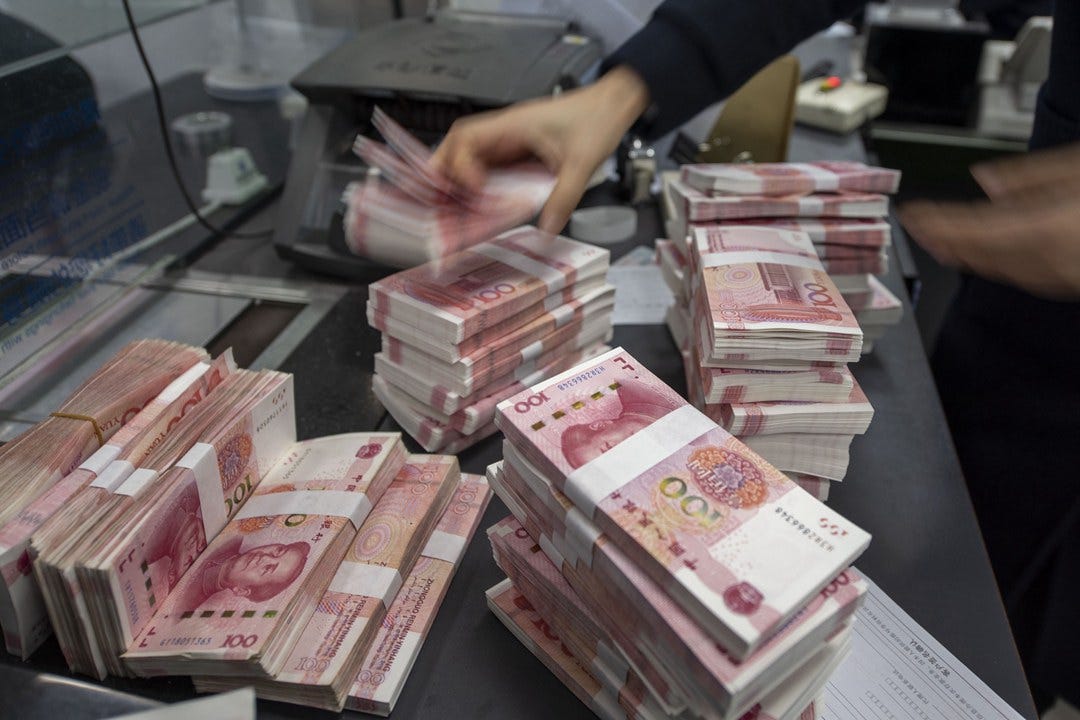How to Put China’s ‘Idle Funds’ to Work
To activate investment to better support the real economy, capital needs better returns or lower risks
Banks’ balance sheets show that despite several interest-rate cuts by the central bank, the trend of rising time deposits has meant that banks’ cost of capital has barely fallen. Photo: IC Photo
The phenomenon of idle funds circulating within the financial sector without flowing into the real economy has once again become a hot topic among regulatory authorities and market participants.
(Editor’s note: “Idle funds” refers to money that is not invested but just sits in bank deposits. The Chinese government has long made efforts to encourage such funds to invest in the real economy and discourage them from being invested in financial assets that could create bubbles. In November, the central bank vowed to ensure that the credit support it is providing flows into the real economy, in a response to policy calls made by the Central Financial Work Conference in late October.)
Keep reading with a 7-day free trial
Subscribe to Caixin Global China Watch to keep reading this post and get 7 days of free access to the full post archives.




